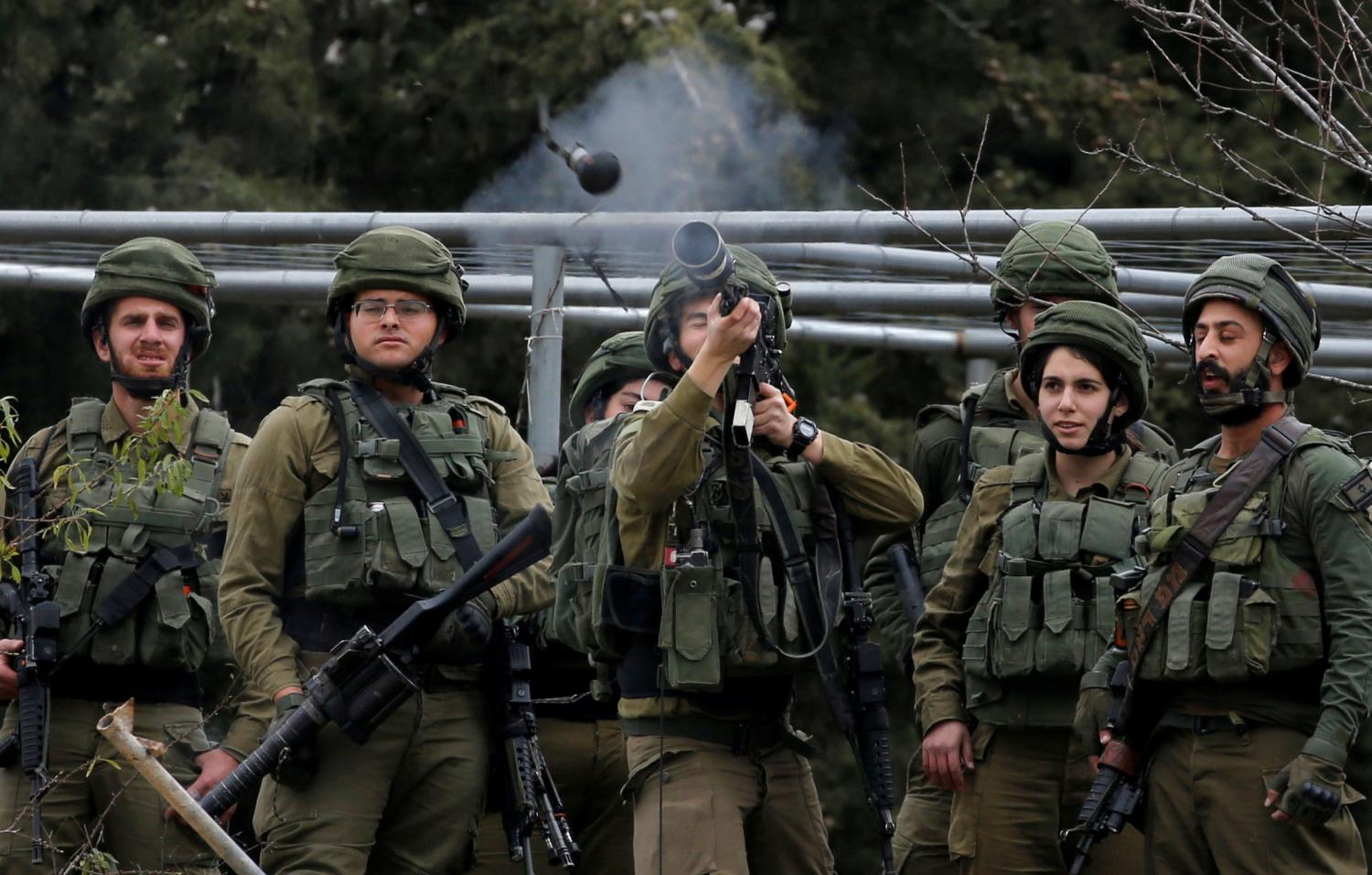The following is a summary of the 33rd session of the Congressional Study Group on Foreign Relations and National Security, a program for congressional staff focused on critically engaging the legal and policy factors that define the role that Congress plays in various aspects of U.S. foreign relations and national security policy.
On February 12, 2024, the Congressional Study Group on Foreign Relations and National Security convened virtually to discuss recent U.S. military engagements in the Middle East and legal issues they raise regarding constitutional war powers. The months prior to the study group session had seen a dramatic escalation of hostilities in the Middle East. American soldiers and diplomats had come under increased attack by Iran-backed militias in Iraq, Syria, and most recently Jordan, while Houthi rebels in Yemen were threatening maritime traffic through the Red Sea. The United States responded with military force in both cases. But there remained confusion regarding the exact legal basis for its actions and how far the president could act before he needed to seek authorization from Congress.
The study group was joined by two outside experts for the session:
- Tess Bridgeman, a senior fellow at NYU Law School’s Reiss Center on Law and Security, co-editor in chief of Just Security, and former Deputy Legal Adviser to the National Security Council during the Obama administration; and
- Brian Finucane, a senior adviser at the International Crisis Group who previously served as an attorney-adviser at the U.S. Department of State focusing on political-military issues.
Prior to the discussion, the study group circulated the following background materials:
- Scott R. Anderson & Matt Gluck, “Law and the Biden Administration’s Response to the Attack in Jordan,” Lawfare (Jan. 31, 2024);
- “War Powers and the Latest U.S. Intervention in Yemen,” The Lawfare Podcast (Jan. 30, 2024) (podcast);
- Jack Goldsmith & Matt Gluck, “The War Powers Resolution and the Counter-Houthi Mission,” Lawfare (Jan. 25, 2024);
- Brian Finucane, “Regional Conflict in the Middle East and the Limitations of the War Powers Resolution,” Just Security (Jan. 8, 2024); and
- Tess Bridgeman, “War Powers Resolution Reporting: Presidential Practice and the Use of Armed Forces Abroad, 1973-2019,” Reiss Center on Law and Security (Jan. 2020).
A full synopsis of this session is forthcoming.
Visit the Congressional Study Group on Foreign Relations and National Security landing page to access notes and information on other sessions.
The Brookings Institution is committed to quality, independence, and impact.
We are supported by a diverse array of funders. In line with our values and policies, each Brookings publication represents the sole views of its author(s).


